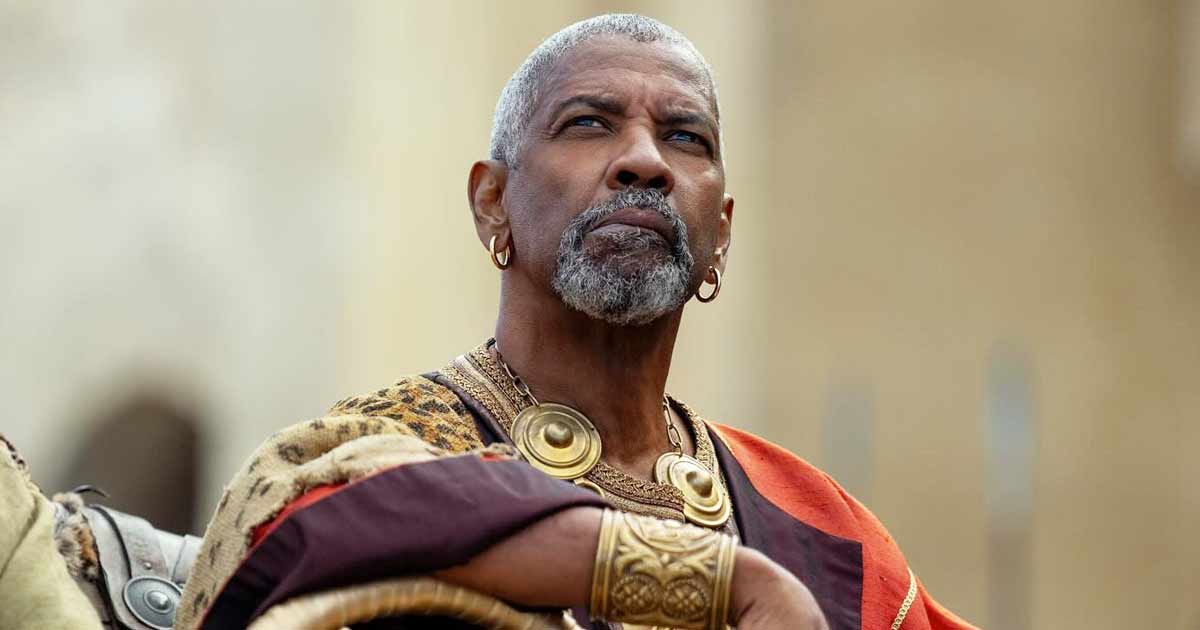Denver voters this fall may be asked to decide whether park rangers, human services caseworkers, city planners and a wide swath of other municipal employees should have the right to unionize and negotiate labor contracts with the city.
The move, long sought by labor interests in Denver, has gained steam with backing from four City Council members, including three who were first elected last year and ran as progressives. They’ve signed on to co-sponsor a measure that would refer that question to the November ballot.
The policy received its first public airing Monday during a meeting of the council’s Charter Review Committee. A potential ballot measure still would have to go through the council’s legislative process and then be approved by a majority before it can be referred to voters.
“The reason I am here today is because city employees asked me to be here,” said Councilman Chris Hinds, a Teamsters member whose small office staff unionized three weeks into his first term in office in 2019. “This for me is about living our values.”
The central Denver council rep is joined as a sponsor by Shontel Lewis, who represents a northeast district, and at-large members Sarah Parady and Serena Gonzales-Gutierrez. They are four of the seven votes that would be needed on the 13-member council to put the issue in the hands of voters — though labor activists also are weighing a voter initiative as a backup.
The city already has labor contracts with unions representing police officers, firefighters and sheriff’s deputies. Those contracts would not be affected by the proposed ballot measure, the sponsors said.
But another 11,000 city workers do not have the ability to unionize under the city charter.
Gonzales-Gutierrez, a former social caseworker for Denver Human Services, said she understood how having the power to advocate for and negotiate working conditions could benefit not just city employees but also the people they serve.
The committee presentation included details about how the unionization process would work, should Denver voters sign off. Labor representation would not be automatic.
Katie Romich, an organizer with the Communication Workers of America, laid out a multi-step process that would start with at least 30% of eligible city staff in a potential bargaining union showing interest in the concept. From there, a unionization election would be held, with a majority threshold required to form a union. Only then could contract negotiations begin with the city.
Romich also zeroed in on an argument that city government should live out its values, pointing to Denver as an outlier among major U.S. cities.
“Every single other Democratically controlled large U.S. city in purple and blue states already has collective bargaining for its municipal workforce,” Romich said. “Those cities established those rights in the ’60s, ’70s, ’80s or even before. So we are an outlier.”
Some council members expressed interest in seeing statistics on how many cities in conservative or red states have unionized workforces. Councilwoman Diana Romero Campbell noted that the city’s elections are nonpartisan.
Other questions raised by councilmembers Monday included why the draft legal language did not include a prohibition on workers striking.
Backers plan to hold individual briefings with council members before starting the council process.
The potential ballot question would be the latest in a wave of efforts to expand union membership among public employees. The Colorado General Assembly passed a law in 2022 that granted government workers in more than half of Colorado counties the right to pursue unionization.
Romich said proponents also are pursuing a signature-gathering effort to get the measure before voters, but she was hopeful the council would refer it to the ballot.
Stay up-to-date with Colorado Politics by signing up for our weekly newsletter, The Spot.







